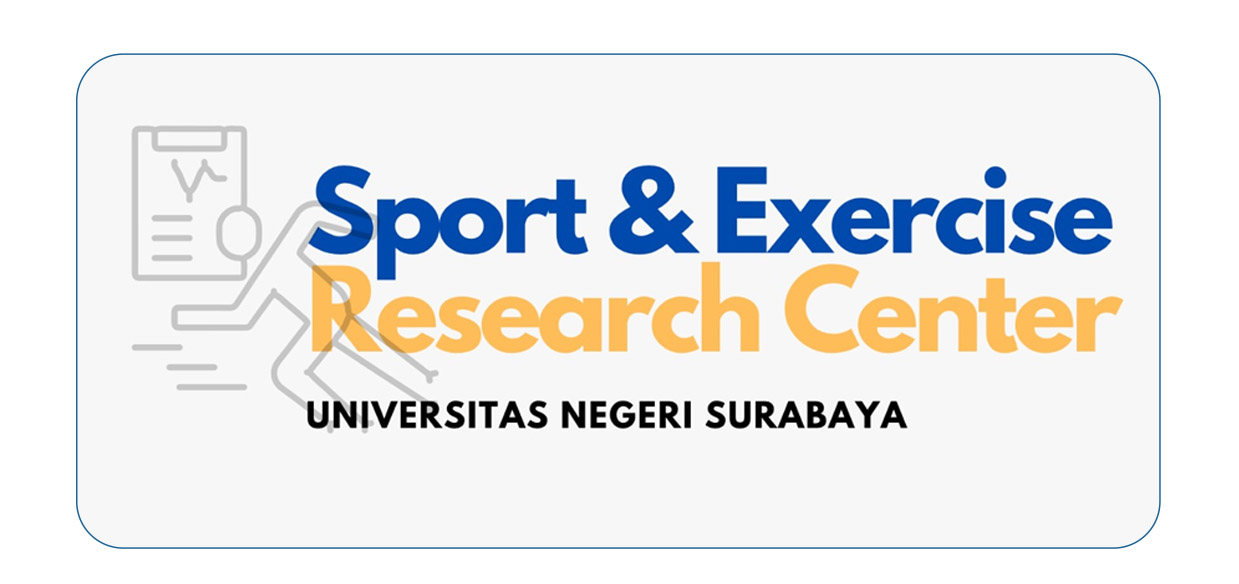Pemahaman Pelatih Kota Semarang tentang Teknik dan Keterampilan Mental Olahraga sebagai Proses Pencapaian Prestasi Olahraga
DOI:
https://doi.org/10.26740/jossae.v7n2.p83-91Keywords:
Psychological Skills Training (PST), Sport Psychology, Self-talkAbstract
Sports psychology factors as well as mental skill techniques are considered to have a significant influence on athlete performance. The purpose of this study was to measure the level of understanding of Semarang City coaches on mental factors that affect sports performance. In addition, the study also measured the coache's understanding of the technique of mental sports skills, namely Self-talk. The subjects in this study were the coaches of the city of Semarang with a total of 26 trainers. The method used in this study is a quantitative method with a descriptive approach to relative percentages. The results of the study show that from an understanding of mental skills which include psychological factors such as self-confidence, focus, motivation in the medium, low categories and there are some trainers who have very low understanding. While the sports psychology technique "Self-talk" is in the medium, high and very high categories. This is certainly a concern that it is time for coaches to be more serious and pay attention to sports mental training which is an important part of the sports training process and achieving better sports achievements
References
Abidin, Z. (2012). Pemahaman Dasar Sports Science & Penerapan IPTEK Olahraga. KOmite Olahraga Nasional Indonesia.
Afri Rismoko. (2020, March). Genjot Peforma Atlet, KONI Kota Semarang Terapkan Sports Science. Retrieved March 17, 2021, from https://www.ayosemarang.com/read/2020/11/14/67037/genjot-peforma-atlet-koni-kota-semarang-terapkan-sports-science
Candra, A. R. D., & Budiyanto, K. S. (2019, November). Psychological Characteristics of Athletes in Athletic Students Club Universitas Negeri Semarang. In 5th International Conference on Physical Education, Sport, and Health (ACPES 19) (pp. 13-17). Atlantis Press.
Farid, M. (2015). Pengaruh Kebiasaan Hidup Sehat Dan Olahraga Pernafasan Terhadap Psikososial Lansia Komunitas Satria Nusantara Kota Semarang.
Komarudin. (2015). Latihan Keterampilan Mental dalam Olahraga Kompetitif. (Y. Hidayat & N. N. Muliawati, Eds.) (3rd ed.). Bandung: PT Remaja Rosdakarya.
Navkaria, R. D., Januarumi, F., Wijaya, M., Baik, S., & Kunci, K. (2021). TINGKAT PEMAHAMAN PELATIH BOLAVOLI DI SURABAYA TERHADAP PROGRAM LATIHAN MENTAL. Jurnal Prestasi Olahraga.
Son, V. (2008). The Effects of Self-talk on Self- efficacy , Collective Efficacy , and Performance.
Weinberg, R. S., & Daniel, G. (2015). Foundation of Sport and Exercise Psychology (Sixth Edit).
Wheaton, K.-A. (1998). A psychological skills inventory for sport. SUNScholar, (December).
Yang, X. (1997). Development of the psychological skills inventory for Chinese athletes. The University of British Columbia
Downloads
Published
How to Cite
Issue
Section
License
Copyright (c) 2023 JOSSAE (Journal of Sport Science and Education)

This work is licensed under a Creative Commons Attribution-ShareAlike 4.0 International License.
 Abstract views: 829
,
Abstract views: 829
, PDF Downloads: 779
PDF Downloads: 779








